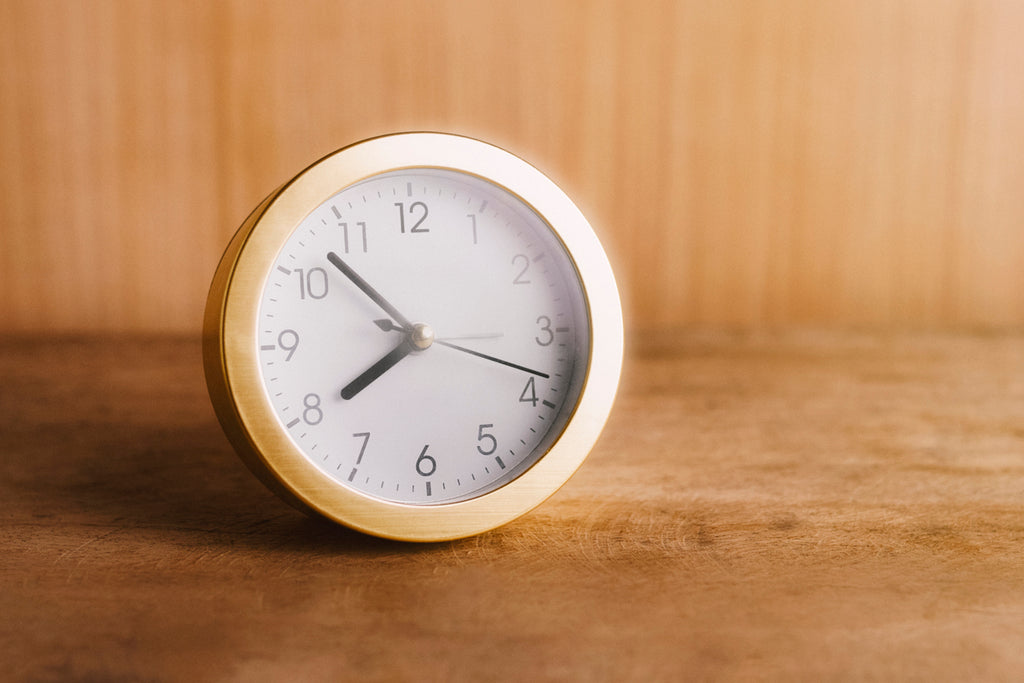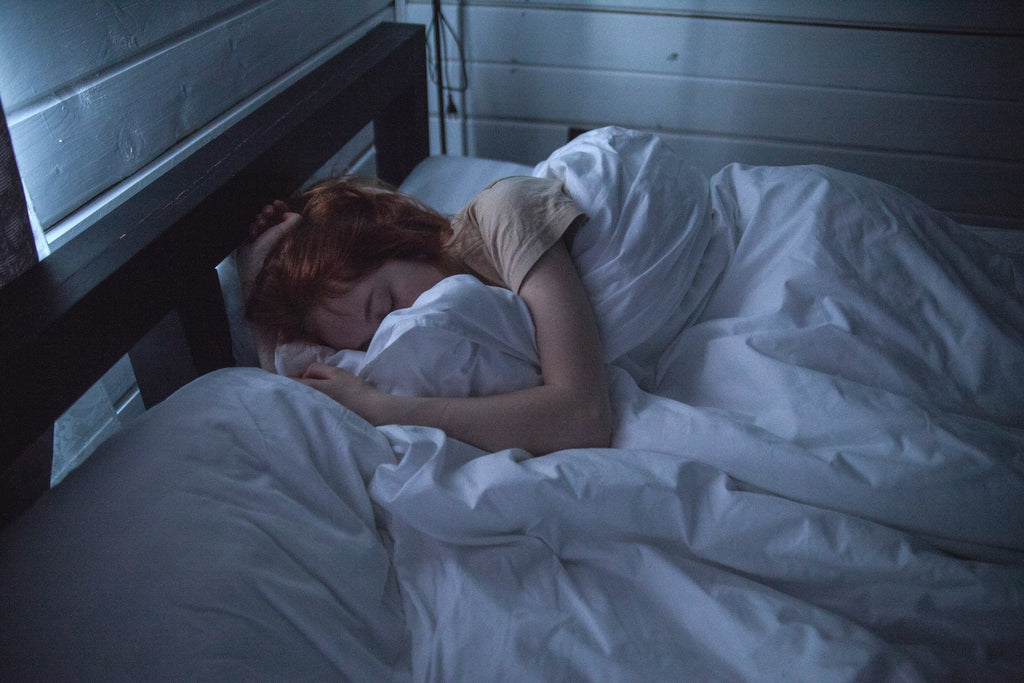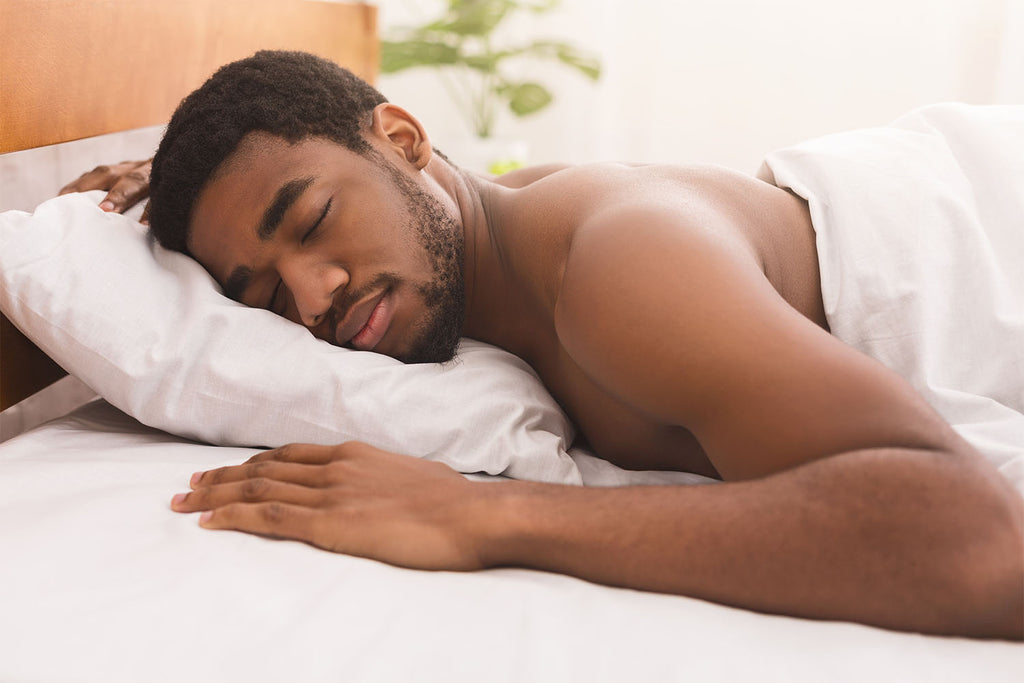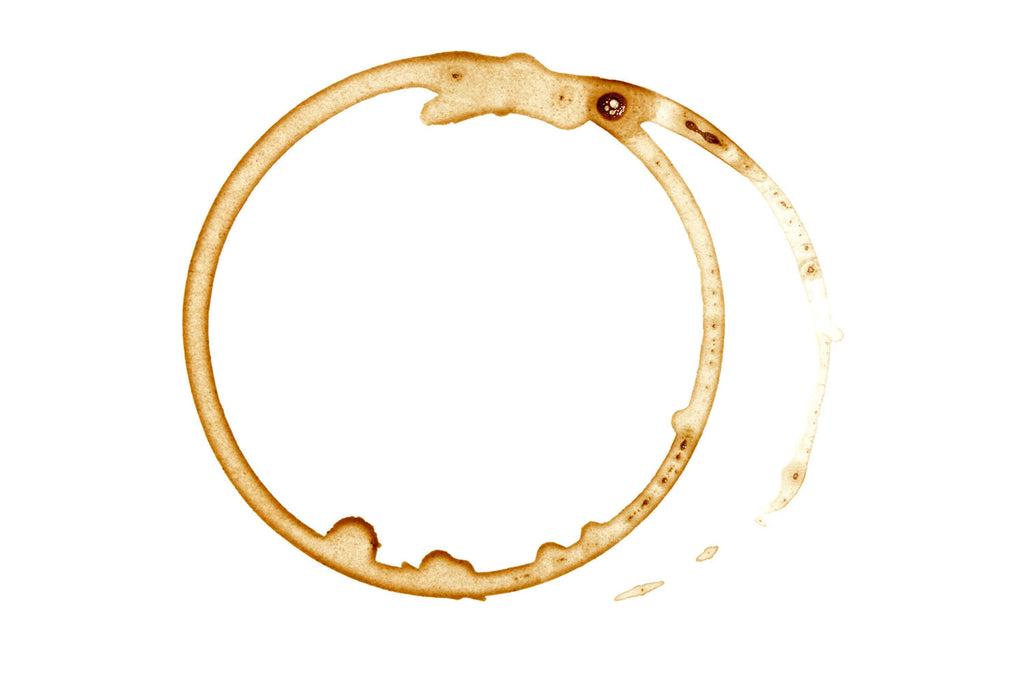
How to Adjust Your Sleep Schedule for Daylight Savings

Springing forward and falling back may be good for farmers, but daylight savings time adjustments can sure wreak havoc on your sleep schedule. Sure, you just lost (or gained) one hour, but the body’s circadian rhythms are sensitive, especially if that hour means you’re waking up in the dark.
How can you get your body on track after the biannual time changes and get back to a good night’s sleep? Follow these tips and before you know it, you’ll be back to your regular schedule of sleep all night, bed on time, and waking up on time in the morning.
Go to Bed an Hour Earlier Before the Change
Your cell phone will automatically jump ahead (or back) on the right day, switching time seamlessly and updating your calendars and alarms. Your body, on the other hand, will take a day or two, at least, to ease into the new sleep schedule. To get ready for the time change in the fall, go to bed an hour earlier. It will be dark outside anyway, so your mind will be primed for sleep. Do the opposite in the spring and go to bed an hour later; spend some time outside enjoying the bright skies. Shifting your schedule a day or two early will help you prepare for the lost (or gained) hour without throwing you off. Once the time has shifted, keep your regular bedtime—if you went to bed at 10:30 p.m. during daylight savings, keep your bedtime at 10:30 p.m. once it ends.

Eat Healthful Foods
When we are sleep deprived, our bodies often respond by storing extra fat. If you’re having a hard time getting to sleep all night after daylight savings begins or ends, it’s especially important to stock up on healthy foods. In the winter, stave off depression by adding protein to your diet, rather than filling up on carbs and sweets. Fatty oils found in fish such as tuna and salmon are especially helpful in regulating and boosting mood.
Avoid Caffeine
If you’re feeling sluggish because of a shifted sleep schedule, coffee is likely your go-to. Try to avoid all caffeine as your body is adjusting, as it can make it more difficult to fall asleep at night and just perpetuate a cycle you’re trying to avoid. During the afternoon slump, take a walk and stay well hydrated.

Exercise
Exercise seems to be the answer to every ailment these days, and for good reason. It plays an important role in treating and avoiding depression, which can set in as the days get shorter and darker, and as you’re struggling with a new sleep schedule. If you find yourself waking up earlier than you usually would because of the shift, use the time to exercise. A daily workout can invigorate your mind and body without caffeine and tire you out in time for bedtime. But make sure you finish exercising several hours before bedtime, as it can overstimulate your mind and make it harder to fall asleep.
Evaluate Your Sleep Environment
A planned switch in your sleep schedule is a great time to take a look at your sleep environment. Commit to keep ing screens out of your bedroom, and pick up the clutter to make it a more relaxing place to rest. A comfortable mattress will go a long way in helping you fall asleep and sleep all night long when your schedule is working against you. You deserve a luxurious mattress pad to help you sleep right through daylight savings changes.
These tips will have you sleeping better while your body is adjusting to a new time. To make the transition even easier, treat yourself to a comfortable new mattress or mattress pad from eLuxury.




